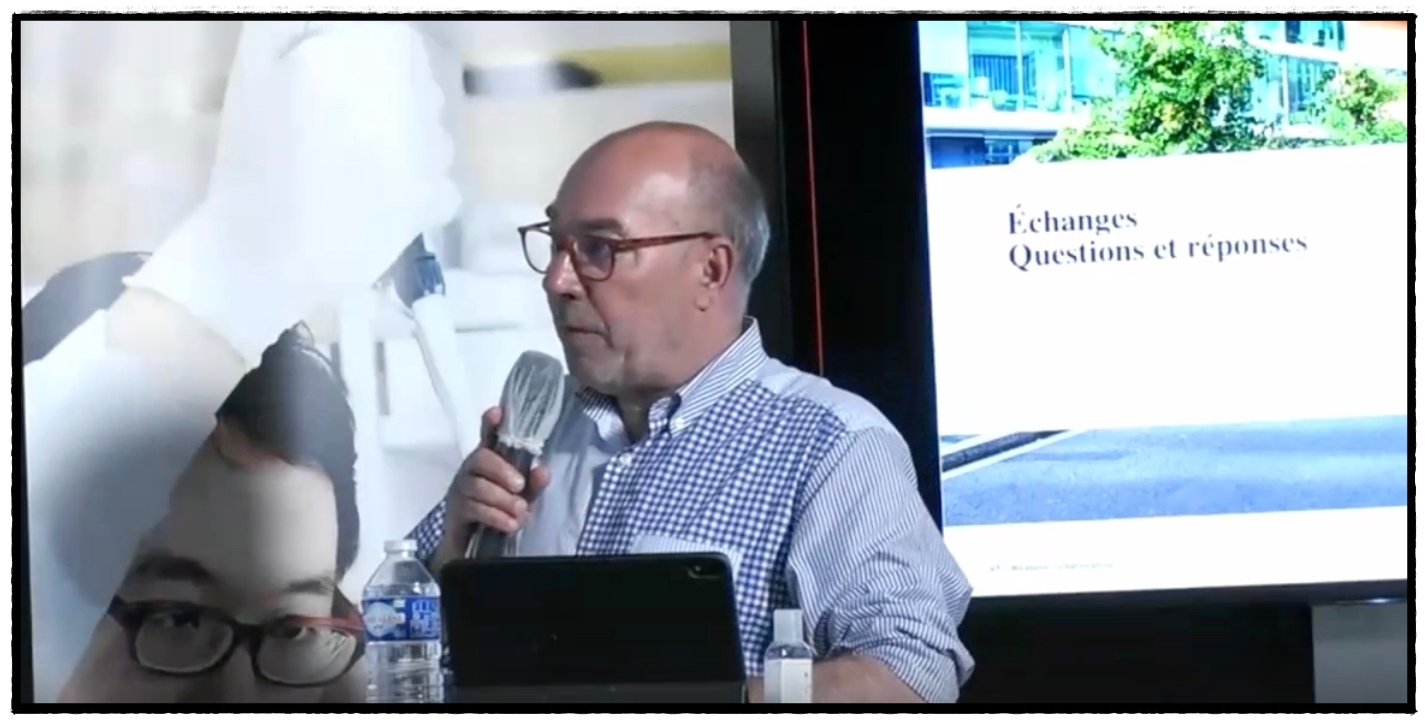
 institution
institution
Report on the general staff meeting on June 29
Last Tuesday, the Institut Pasteur held a general information meeting for all Institut Pasteur staff. The meeting was opened by Stewart Cole, President, "just one day from the exact midpoint of the 2019-2023 Strategic Plan." The aim was to provide an overview of the progress made on the priority scientific areas and concerted actions.
Some 600 of you joined the meeting via Teams to listen to the various presentations.
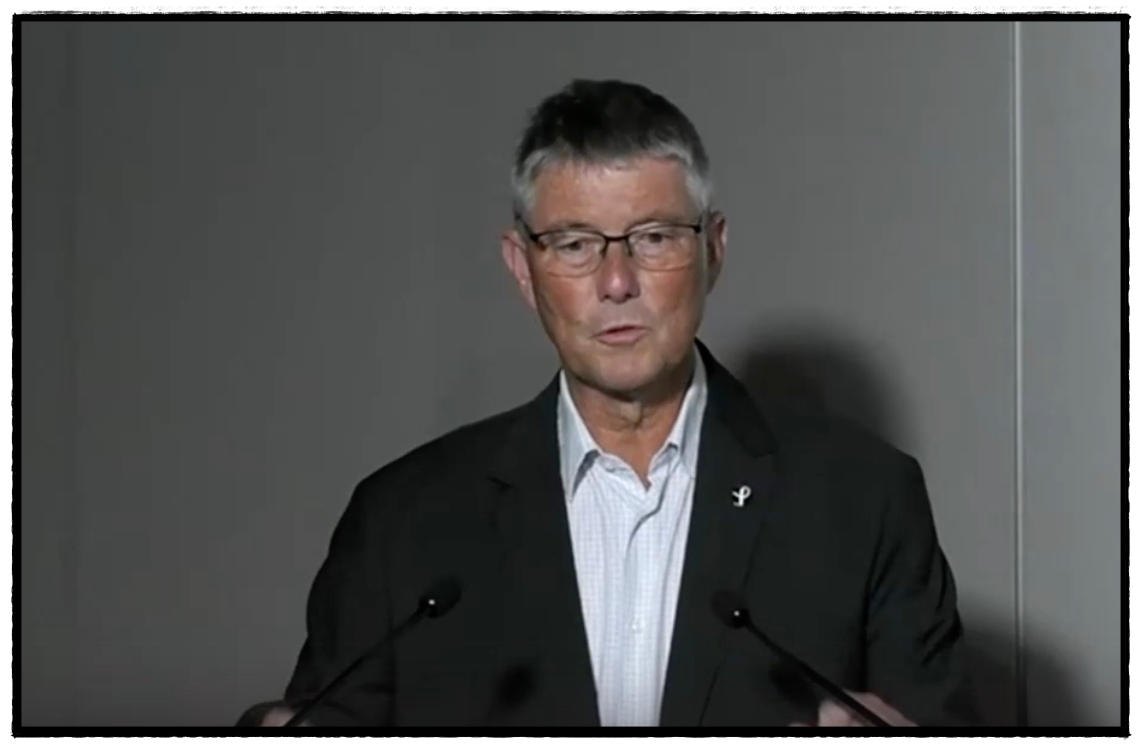 Before giving the floor to each representative of the three areas and two initiatives, Stewart Cole presented three recent institutional milestones:
Before giving the floor to each representative of the three areas and two initiatives, Stewart Cole presented three recent institutional milestones:
- the Institut Pasteur joining forces with Université de Paris to pursue a concerted joint scientific strategy between the two partners in the areas of research and teaching,
- the reform of governance within the International Network, an important step towards a more modern, effective network,
- the plan for a center of excellence in research on vector-borne diseases. This third point was illustrated by a video which gave a visual impression of the future buildings that will be used to pursue an ambitious scientific strategy for emerging infectious diseases.
Stewart Cole also informed staff of the recent consultation launched on campus with a view to preparing the Institut Pasteur's future. The process will serve two goals:
- drawing up a roadmap for the second stage of implementation of the 2019-2023 Strategic Plan
- establishing a 10-year strategic diagnosis
It will involve the department directors, PSAB members, Scientific Council, CSE and others.
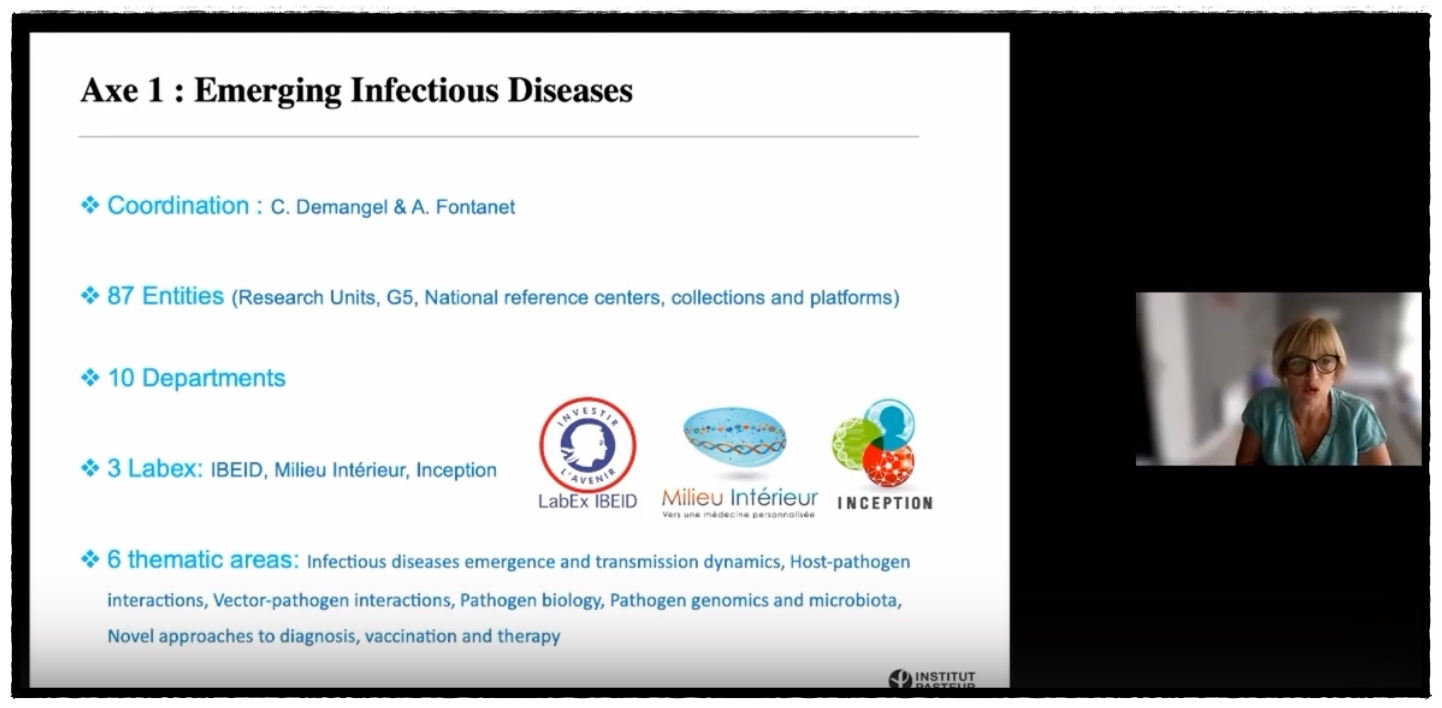 Stewart Cole then handed over to Caroline Demangel, who introduced the first priority scientific area, "Emerging infectious diseases," and presented the aims of the area and the work achieved since 2019. She informed staff that a conference on COVID-19 will be held in September and stressed how many of those working on this priority area were actively involved in the response to COVID-19 at various levels (the Task Force, the International Network, funding, etc.). She also outlined a number of non-COVID-19 scientific advances achieved through the work of several laboratories. One of the key challenges for this area is the constant need to improve preparedness for future epidemics.
Stewart Cole then handed over to Caroline Demangel, who introduced the first priority scientific area, "Emerging infectious diseases," and presented the aims of the area and the work achieved since 2019. She informed staff that a conference on COVID-19 will be held in September and stressed how many of those working on this priority area were actively involved in the response to COVID-19 at various levels (the Task Force, the International Network, funding, etc.). She also outlined a number of non-COVID-19 scientific advances achieved through the work of several laboratories. One of the key challenges for this area is the constant need to improve preparedness for future epidemics.
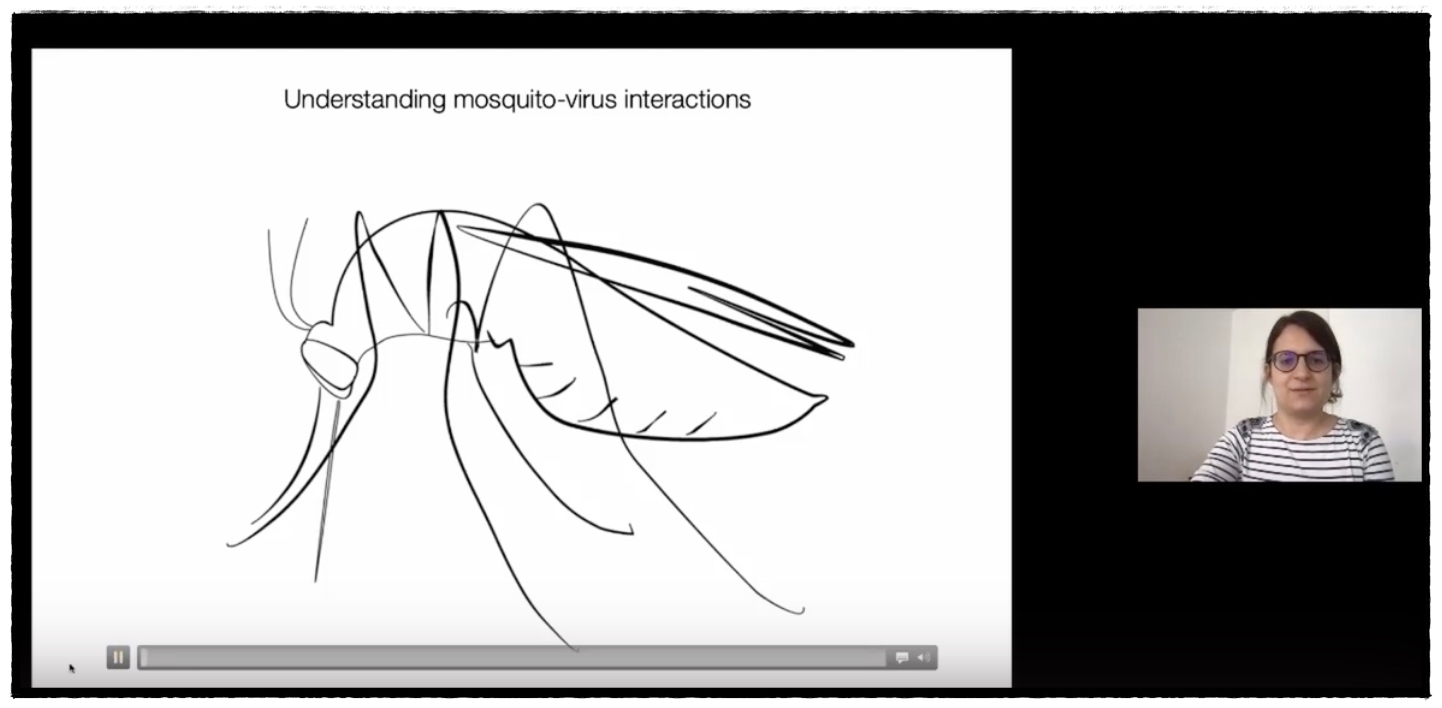 Caroline Demangel then gave the floor to Sarah Merkling, a permanent researcher in the Insect-Virus Interactions Unit, who presented her research aimed at elucidating how virus-mosquito interactions result in pathogens being transmitted to humans.
Caroline Demangel then gave the floor to Sarah Merkling, a permanent researcher in the Insect-Virus Interactions Unit, who presented her research aimed at elucidating how virus-mosquito interactions result in pathogens being transmitted to humans.
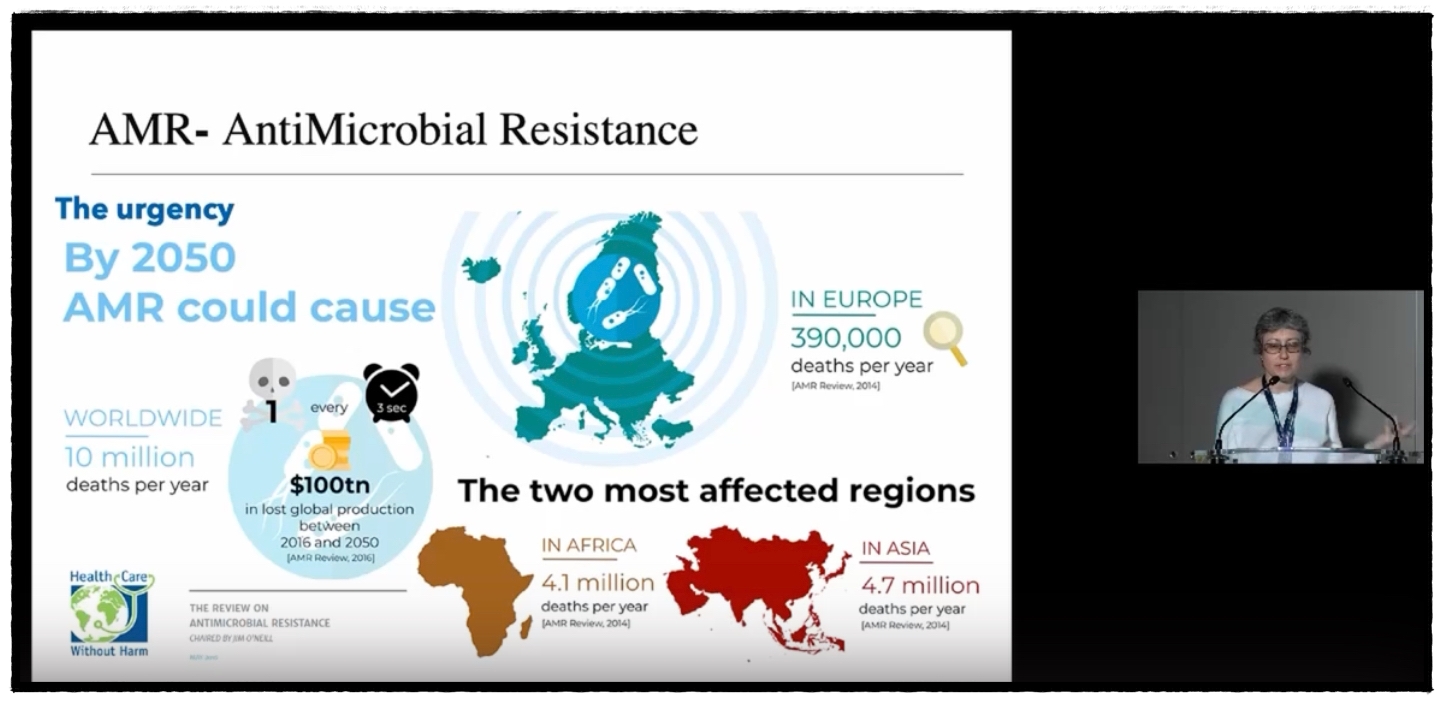 Paola B. Arimondo spoke about priority area 2, "Antimicrobial resistance," outlining the global health challenges between now and 2050 in this area, the key figures for the area and the various initiatives carried out so far in terms of scientific events, calls for applications and collaborative opportunities, such as the PPU-Oxford doctoral exchange program and the new partnership with Université de Paris.
Paola B. Arimondo spoke about priority area 2, "Antimicrobial resistance," outlining the global health challenges between now and 2050 in this area, the key figures for the area and the various initiatives carried out so far in terms of scientific events, calls for applications and collaborative opportunities, such as the PPU-Oxford doctoral exchange program and the new partnership with Université de Paris.
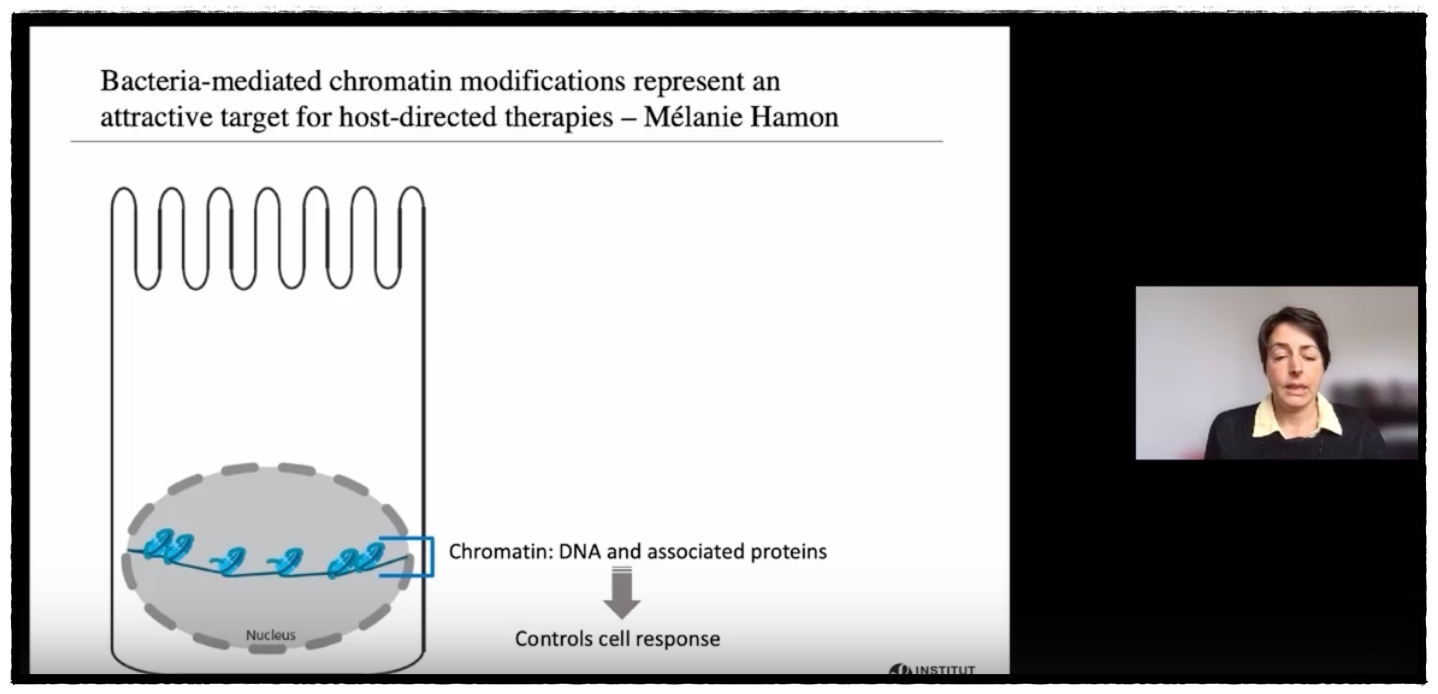 Mélanie Hamon, Head of the Chromatin and Infection five-year group, then presented her research on bacteria-host cell interactions and her findings on changes in host chromatin, which open up possible therapeutic avenues for treating bacterial infections.
Mélanie Hamon, Head of the Chromatin and Infection five-year group, then presented her research on bacteria-host cell interactions and her findings on changes in host chromatin, which open up possible therapeutic avenues for treating bacterial infections.
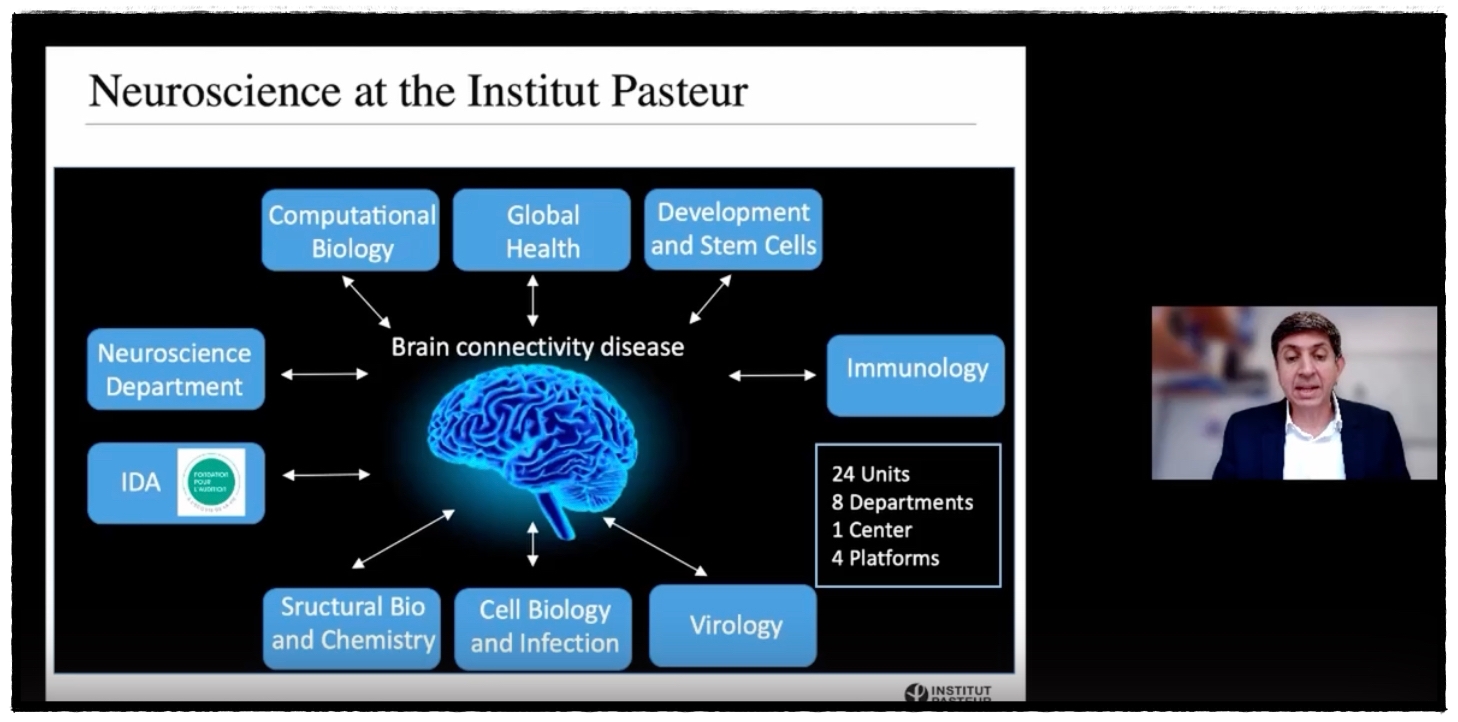 David DiGregorio, representing priority scientific area 3, "Brain connectivity and neurodegenerative diseases," emphasized how vital it is to gage and understand the complexity of the brain. He pointed to the Institut Pasteur's strength in this area with its Department of Neuroscience, which in turn can draw on the interdisciplinarity of the entire campus. He set out the scientific strategy, aims, and past and future achievements.
David DiGregorio, representing priority scientific area 3, "Brain connectivity and neurodegenerative diseases," emphasized how vital it is to gage and understand the complexity of the brain. He pointed to the Institut Pasteur's strength in this area with its Department of Neuroscience, which in turn can draw on the interdisciplinarity of the entire campus. He set out the scientific strategy, aims, and past and future achievements.
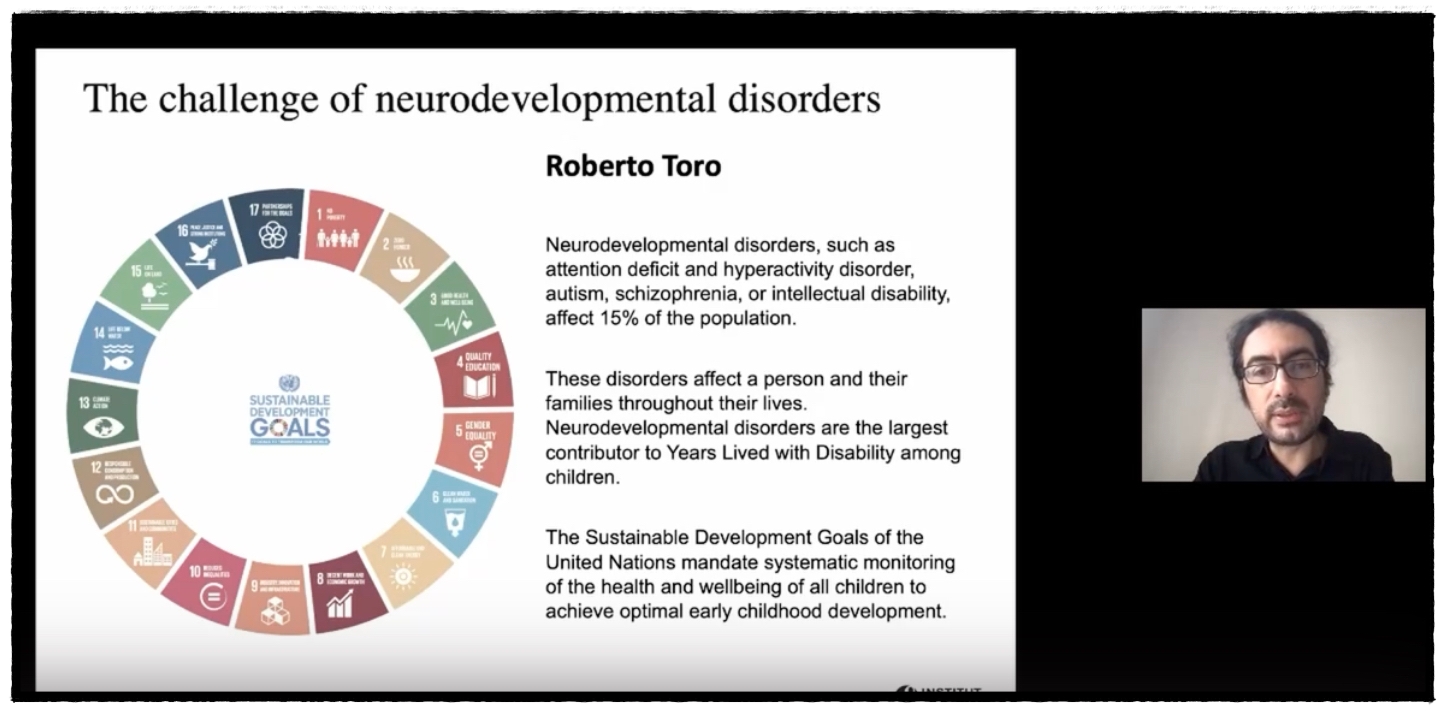 Roberto Toro then spoke about several projects exploring computational models for brain development and the changing field of developmental neuroanatomy. He also stressed the enormous value in sharing data and evaluating digital tools, focusing in particular on the organization and challenges of open data, collaboration with researchers in data science and the meetings held on the topic of big data.
Roberto Toro then spoke about several projects exploring computational models for brain development and the changing field of developmental neuroanatomy. He also stressed the enormous value in sharing data and evaluating digital tools, focusing in particular on the organization and challenges of open data, collaboration with researchers in data science and the meetings held on the topic of big data.
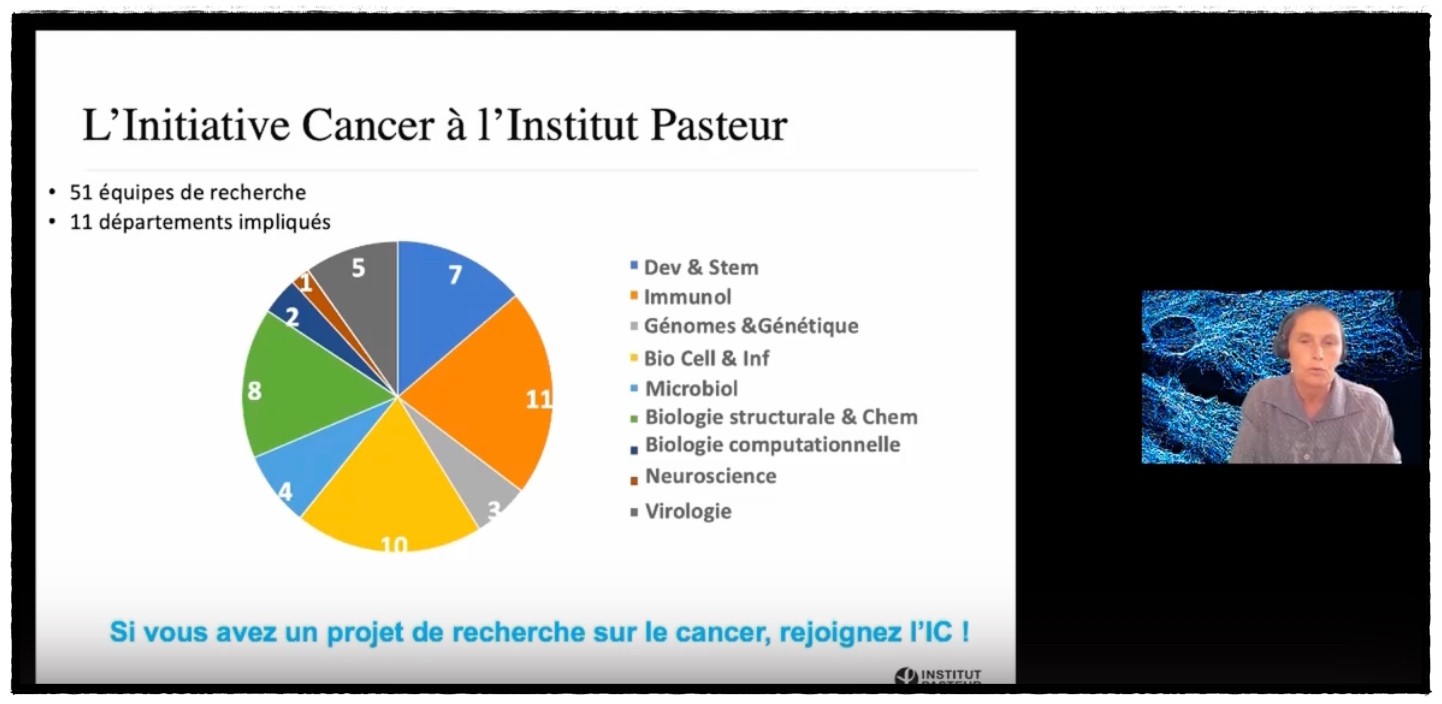 Sandrine Etienne-Maneville continued with a presentation of the "Cancer" initiative, providing some key figures, describing how the initiative is organized and highlighting interactions with several partners on campus. One of the major stages in this initiative, which is divided into three areas, was initially to identify and map the various projects related to cancer so that they can be linked and associated more effectively. Achievements thus far include the organization of several day-long conferences on specific themes (including the conference on translational research in March), calls for applications, promotion of targeted funding and presentations of collaborative proposals to potential sponsors or major donors.
Sandrine Etienne-Maneville continued with a presentation of the "Cancer" initiative, providing some key figures, describing how the initiative is organized and highlighting interactions with several partners on campus. One of the major stages in this initiative, which is divided into three areas, was initially to identify and map the various projects related to cancer so that they can be linked and associated more effectively. Achievements thus far include the organization of several day-long conferences on specific themes (including the conference on translational research in March), calls for applications, promotion of targeted funding and presentations of collaborative proposals to potential sponsors or major donors.
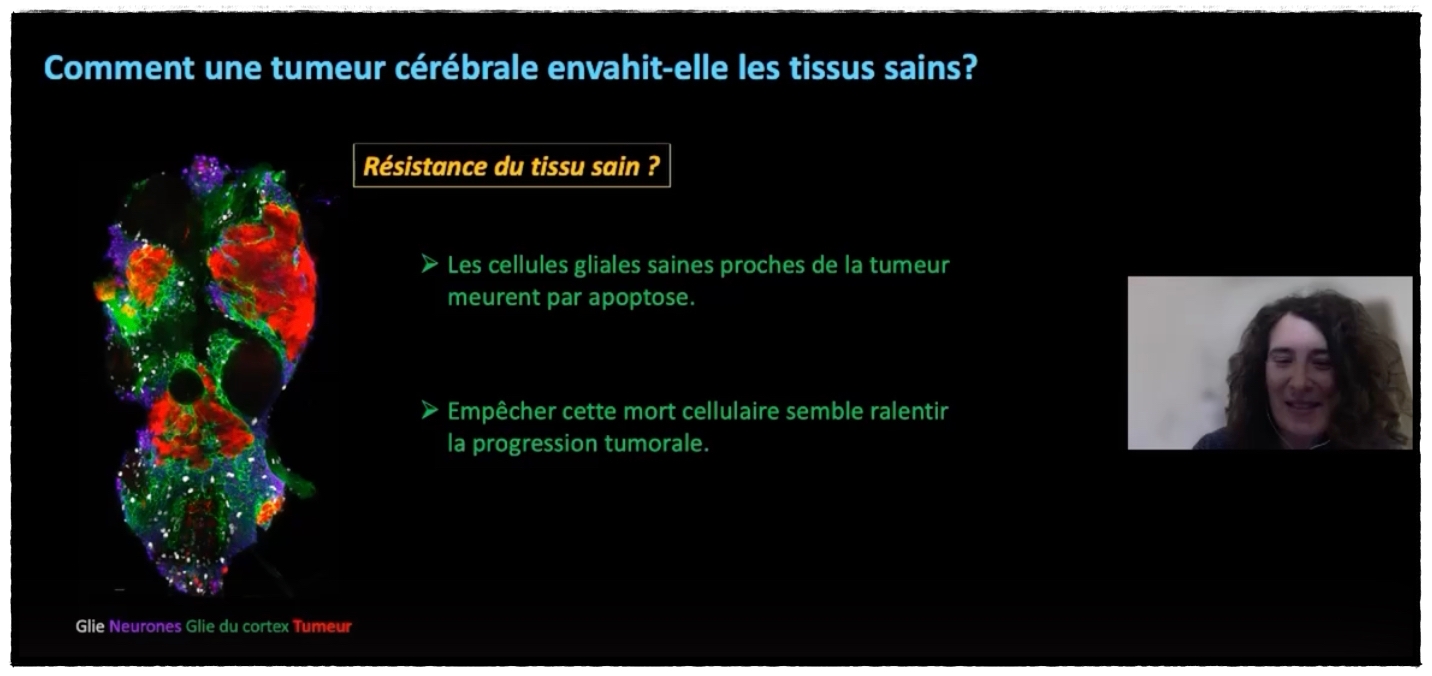 She then gave the floor to Pauline Spéder, Head of the Brain Plasticity in Response to the Environment five-year group, who presented her research that uses Drosophila to shed light on how brain tumors are able to spread and invade healthy tissues. The long-term therapeutic aim is to help healthy tissues resist tumors rather than targeting tumors themselves.
She then gave the floor to Pauline Spéder, Head of the Brain Plasticity in Response to the Environment five-year group, who presented her research that uses Drosophila to shed light on how brain tumors are able to spread and invade healthy tissues. The long-term therapeutic aim is to help healthy tissues resist tumors rather than targeting tumors themselves.
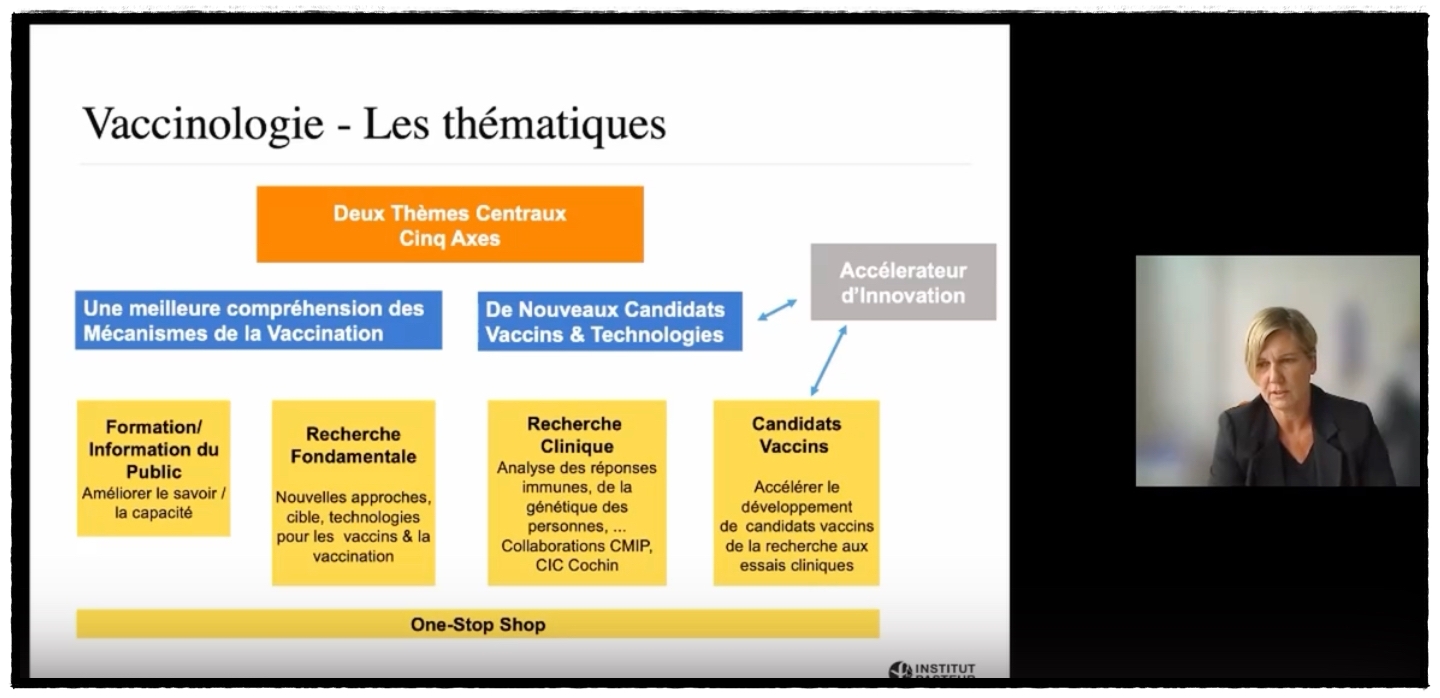 Finally, Christiane Gerke spoke about the "Vaccinology and immunotherapy" initiative. She outlined the challenges in this field – the need for new vaccines and immunotherapies for old, neglected and emerging diseases; the need for better protection for some categories of people; and the need for in-depth research to improve our understanding of the determinants of protection conferred by vaccines. The initiative is divided into two central themes, with five research areas in total. Christiane Gerke presented some ongoing projects, such as the collaboration with Sanofi-Pasteur, the partnership with public funders and the promotion of vaccine projects via transversal research programs (PTRs).
Finally, Christiane Gerke spoke about the "Vaccinology and immunotherapy" initiative. She outlined the challenges in this field – the need for new vaccines and immunotherapies for old, neglected and emerging diseases; the need for better protection for some categories of people; and the need for in-depth research to improve our understanding of the determinants of protection conferred by vaccines. The initiative is divided into two central themes, with five research areas in total. Christiane Gerke presented some ongoing projects, such as the collaboration with Sanofi-Pasteur, the partnership with public funders and the promotion of vaccine projects via transversal research programs (PTRs).
Laurence Mulard, Head of the Chemistry of Biomolecules Unit, and Darragh Duffy, Head of the Translational Immunology Laboratory, then gave respective presentations about: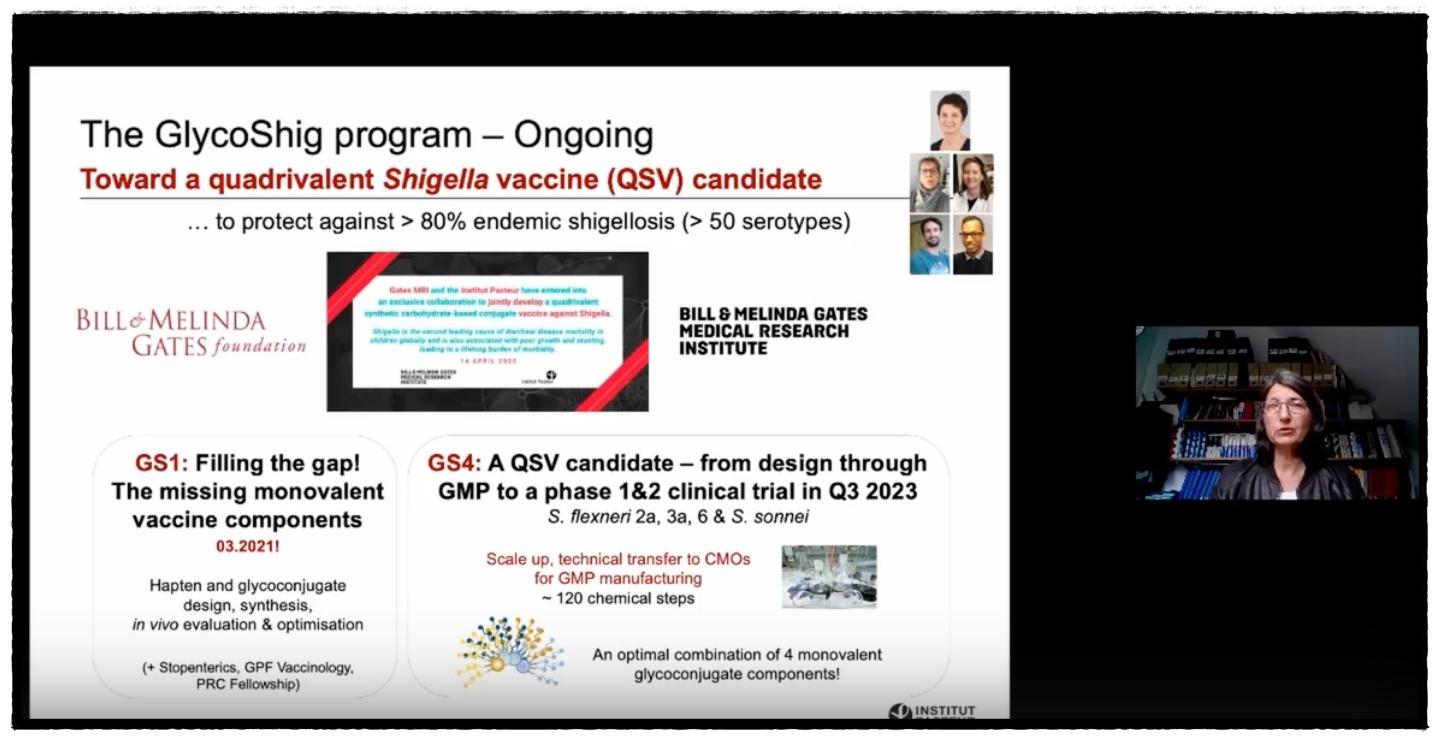 - the GlycoShig program for the development of vaccine candidates for bacillary dysentery, or shigellosis, one of the main diarrheal diseases in children under the age of 5. Developed from an original design based on carbohydrate chemistry, a monovalent vaccine candidate is being put through the various stages of testing, with two Phase II clinical trials under way. At the same time, concerted upstream work is being carried out to identify a quadrivalent vaccine candidate that will offer protection against the majority of Shigella strains in circulation, thereby meeting the real needs of populations.
- the GlycoShig program for the development of vaccine candidates for bacillary dysentery, or shigellosis, one of the main diarrheal diseases in children under the age of 5. Developed from an original design based on carbohydrate chemistry, a monovalent vaccine candidate is being put through the various stages of testing, with two Phase II clinical trials under way. At the same time, concerted upstream work is being carried out to identify a quadrivalent vaccine candidate that will offer protection against the majority of Shigella strains in circulation, thereby meeting the real needs of populations.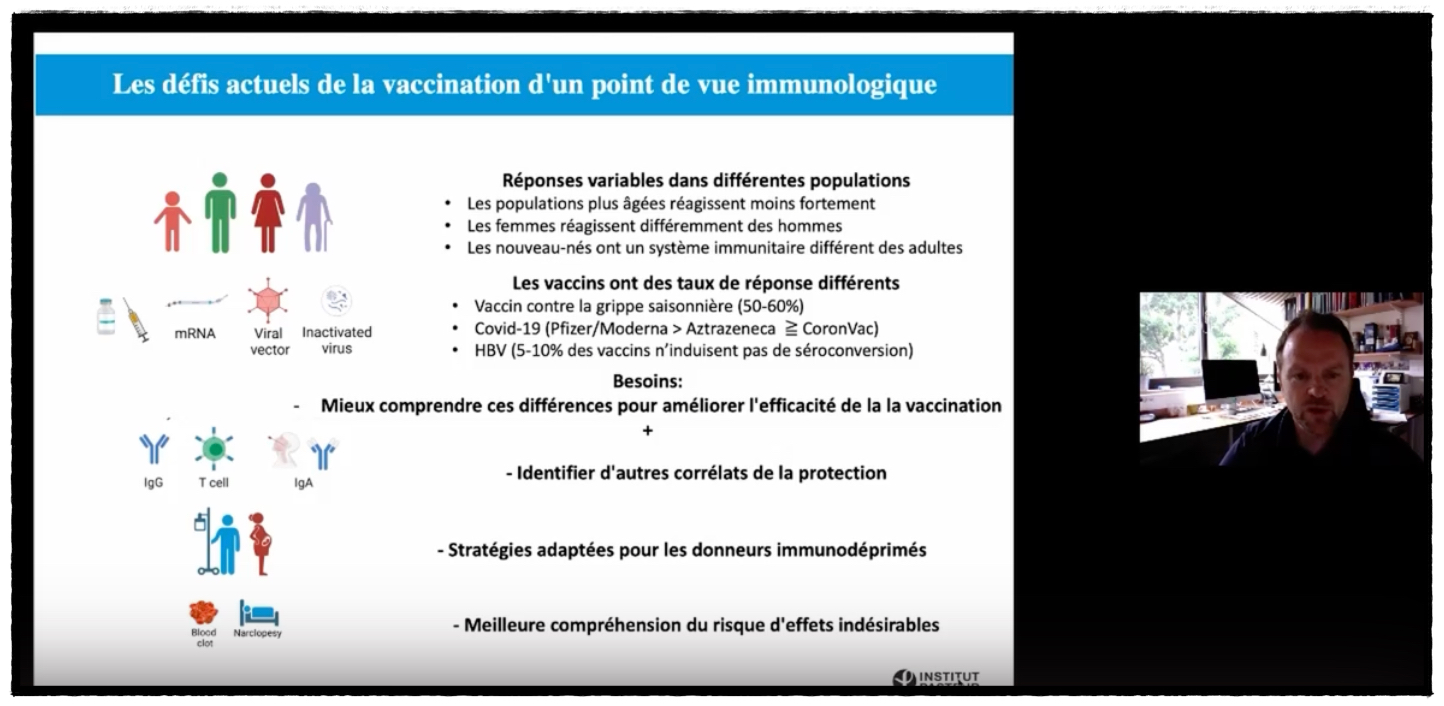 - current challenges of vaccination in immunological terms, given that responses vary from one population to the next (depending on age, sex, genetics, environment, lifestyle, etc.). Several studies on pre-vaccine innate immunity are under way to explore how the variability of innate immunity can affect vaccine responses in qualitative and quantitative terms.
- current challenges of vaccination in immunological terms, given that responses vary from one population to the next (depending on age, sex, genetics, environment, lifestyle, etc.). Several studies on pre-vaccine innate immunity are under way to explore how the variability of innate immunity can affect vaccine responses in qualitative and quantitative terms.
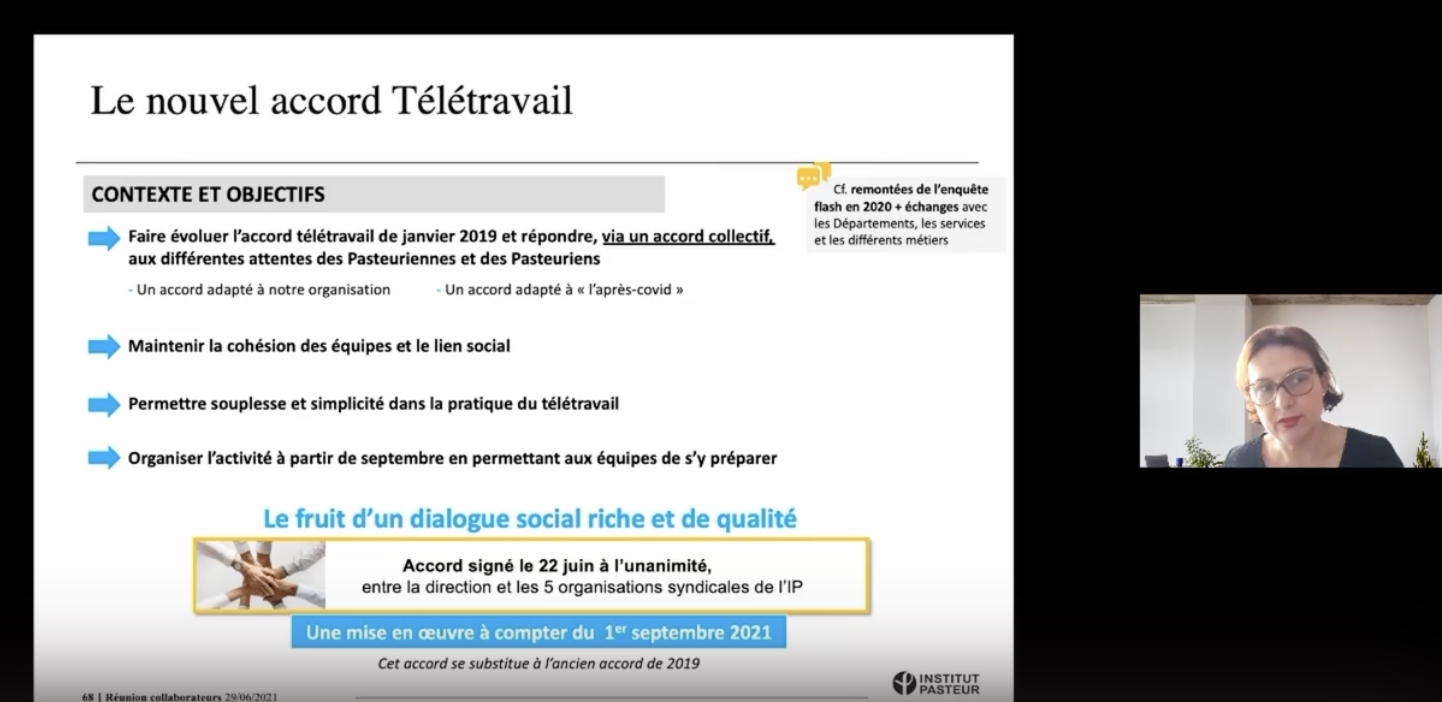 In the second part of the meeting, Odile Hermabessiere presented the business resumption plan for campus in line with the new measures in force since June 9. She also presented the new agreement on working from home (the framework, principles and provisions), which was unanimously signed on June 22 by the management team and the five Institut Pasteur trade unions.
In the second part of the meeting, Odile Hermabessiere presented the business resumption plan for campus in line with the new measures in force since June 9. She also presented the new agreement on working from home (the framework, principles and provisions), which was unanimously signed on June 22 by the management team and the five Institut Pasteur trade unions.
Two question and answer sessions moderated by Jean-François Chambon, Vice-President Communications, were held after the scientific part and the human resources part.
Stewart Cole brought the meeting to a close by informing staff that a conference for early career researchers will be held on September 10 and reminding them about the international conference on COVID-19 research from September 29 to October 1, in relation with priority area 1.
Watch the staff meeting held on June 29
